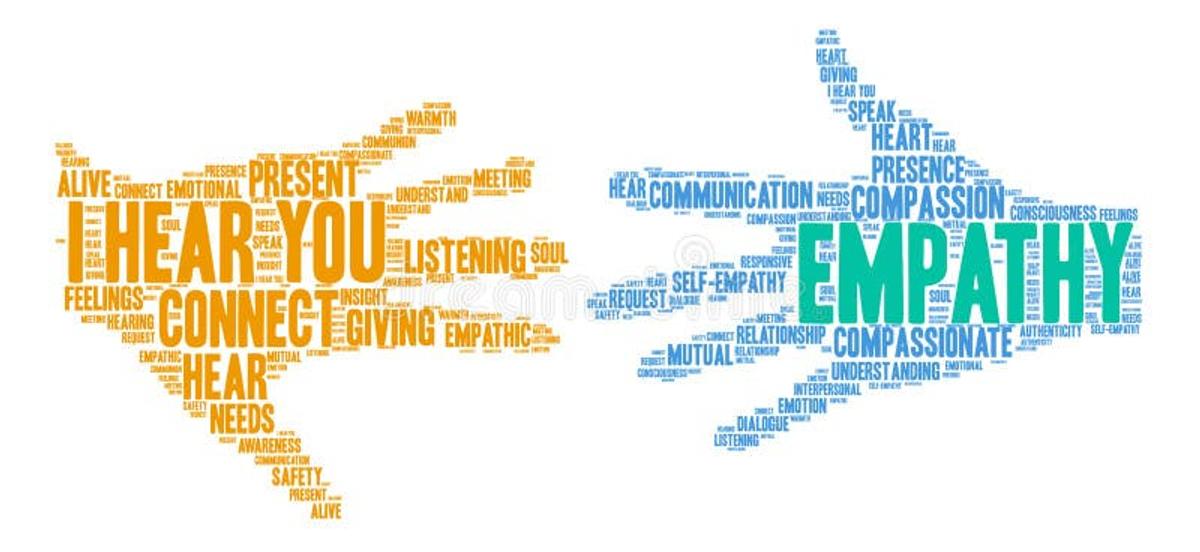Student Wellbeing
Student Wellbeing encompasses the following areas: Student Engagement, Student Connectedness, Classroom Climates, Inclusion and Prevention to Intervention

Student Wellbeing
Student Wellbeing encompasses the following areas: Student Engagement, Student Connectedness, Classroom Climates, Inclusion and Prevention to Intervention
New Research on Raising Empathetic Children
A recent study finds that empathy is passed down from one generation to the next.
Updated September 11, 2024 | Reviewed by Abigail Fagan
Empathy, or the ability to understand and share in the experience of emotions with others, is an essential element of all human relationships. Research also supports the importance of empathy, finding that more empathetic individuals have better quality friendships, enhanced social skills, and are more satisfied with their lives — to name just a few of the benefits.
In a world that seems increasingly divided and cold, many of us parents want to raise more empathetic children but how exactly do parents foster empathy? If we are empathetic with our children, will they show the same to others? And will the empathy that we show to them ultimately help them to become empathetic adults?
A recent study looked at how empathy is passed down from parents to children and then to those children’s children. This study looked at a mother’s empathy for their child at age 13 and how it related to the child’s empathy for their friends during the teen years (from ages 13 to 19). The researchers then followed the teens up to adulthood (mid-30s) and looked at how empathetic they were with their own children (the third generation).
This study found that when children have parents who are more empathetic at age 13, they are more empathetic with their friends during the teen years (ages 13 to 19). Being more empathetic with their friends in their teen years was then associated with being more empathetic with their own children as adults (that is, showing more supportive responses to their children’s negative feelings). Supportive, empathetic parenting of their own children then predicted their children’s development of empathy (that is, the children in the third generation).
This study was limited and further research is needed on this topic. It was a relatively small and correlational study (meaning we do not know whether empathy in parents actually contributes to empathy in children but only that they are associated). This study also only focused on mother-child interactions so future research should include fathers. Finally, this study did not address the extent to which empathy is passed down due to genetics or modelling the empathy your parents show you (it is likely a combination of both).
Yet, even with these limitations, these findings are exciting because they suggest that empathy may be passed down three generations: from parent to teen then to the third generation of children. It also suggests that friendships in the teen years may provide practice for being empathetic in adult relationships, including the parent-child relationship.
Engaging in these empathy-expressing behaviours will teach your children how to show the same to others. However, we all know that empathy is more than a set of behaviours. To quote author Brené Brown from her book Daring Greatly: “Empathy is a strange and powerful thing. Empathy has no script. There is no right way or wrong way to do it. It’s simply listening, holding space, withholding judgment, emotionally connecting and communicating that incredibly healing message of ‘You’re not alone.’”
About the Author:

